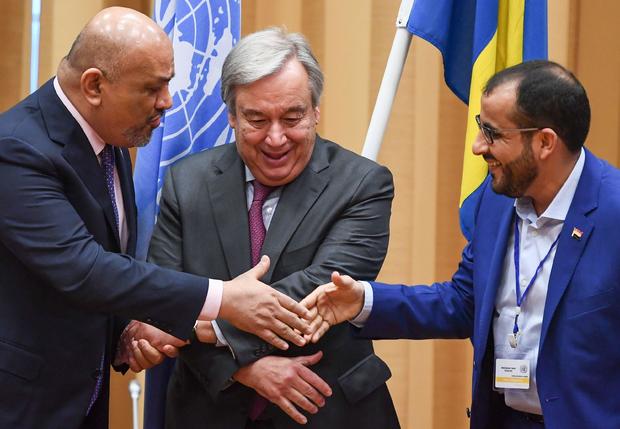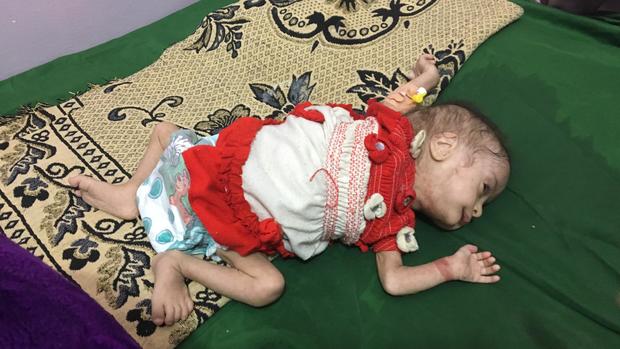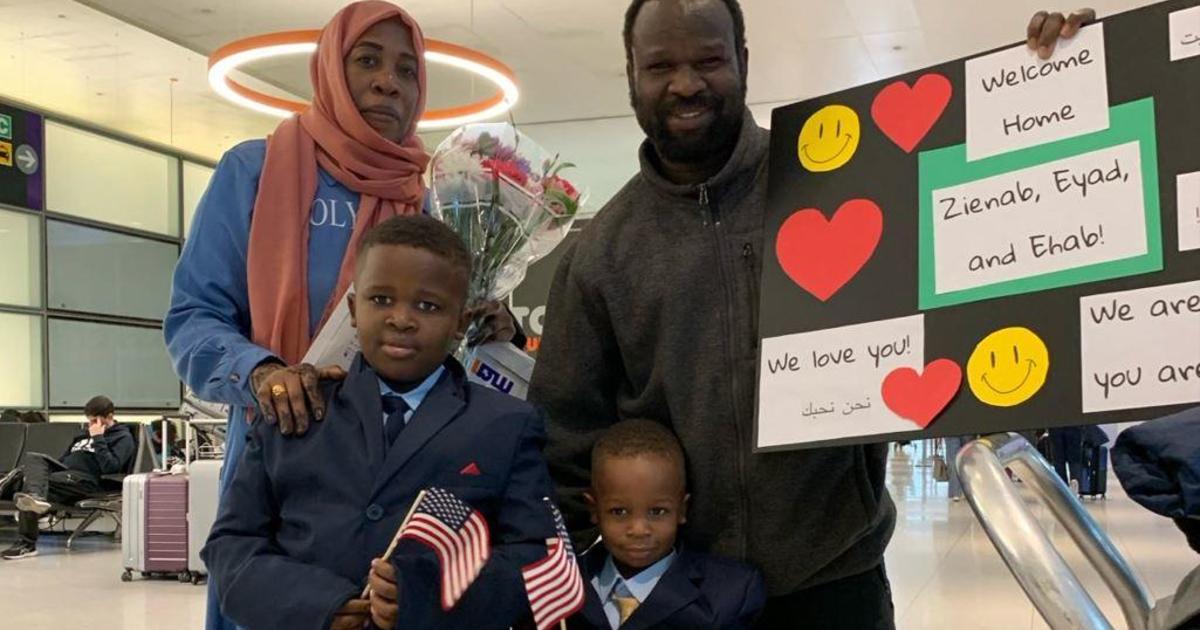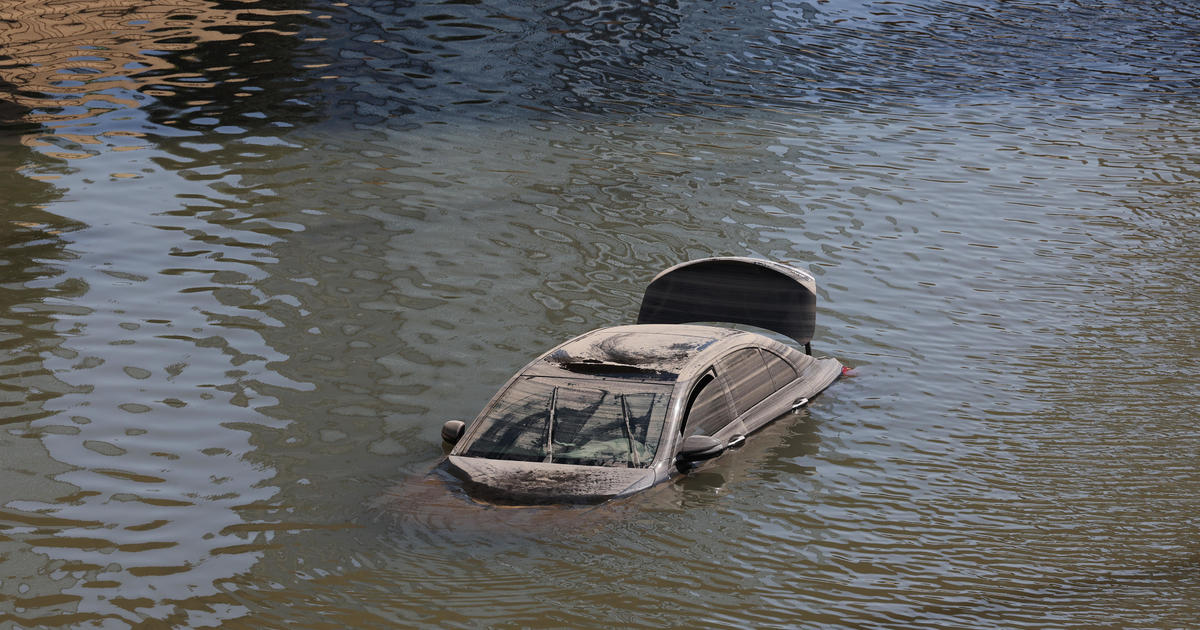Yemen peace talks yield "important step" with truce in key city
United Nations Secretary-General Antonio Guterres said Thursday that Yemen's warring sides had agreed after week-long peace talks in Sweden to a province-wide cease-fire in Hodeida, and a withdrawal of troops from the contested Red Sea port city.
Guterres thanked the Yemeni delegations for what he called "an important step" and "real progress toward future talks to end the conflict."
He spoke on Thursday at the closing ceremony for the talks in the Swedish town of Rimbo, adding to the Yemeni parties: "Thank you for coming here to discuss a better future for Yemen."
He said the next round of talks was planned for the end of January.
Sweden's Foreign Minister Margot Wallstrom also lauded the "positive spirit" of the talks, which were aimed at setting out a framework for future dialogue in the war-ravaged nation.
"It takes concessions, it takes compromises and it takes some courage to get these discussions going and get good results in the end," Wallstrom said Thursday at the closing ceremony.
Hodeida had become the epicenter of Yemen's conflict.
Its port had been a lifeline for millions of Yemenis at risk of famine. As much as 80 percent of the humanitarian supplies, fuel and commercial goods that they depend on had been coming in through the facility.
The U.N.'s emergency relief coordinator said Monday that "20 million Yemenis are hungry," and another quarter of a million were facing catastrophic consequences due to a lack of food.
Under-Secretary-General Mark Lowcock told reporters at the world body's headquarters in New York that aid organizations haven't been able to use the Hodeida port recently and have instead been forced to bring supplies for the north of the country in through the southern port of Aden.
"Hodeida port is a lifeline," Lowcock said. "It's not the only port, but our position is that we want all the land ports and all the sea ports to be open."
"The vast majority of the people in Yemen are in Houthi-controlled areas, and Hodeida is the way you get food into those people," Lowcock said.





